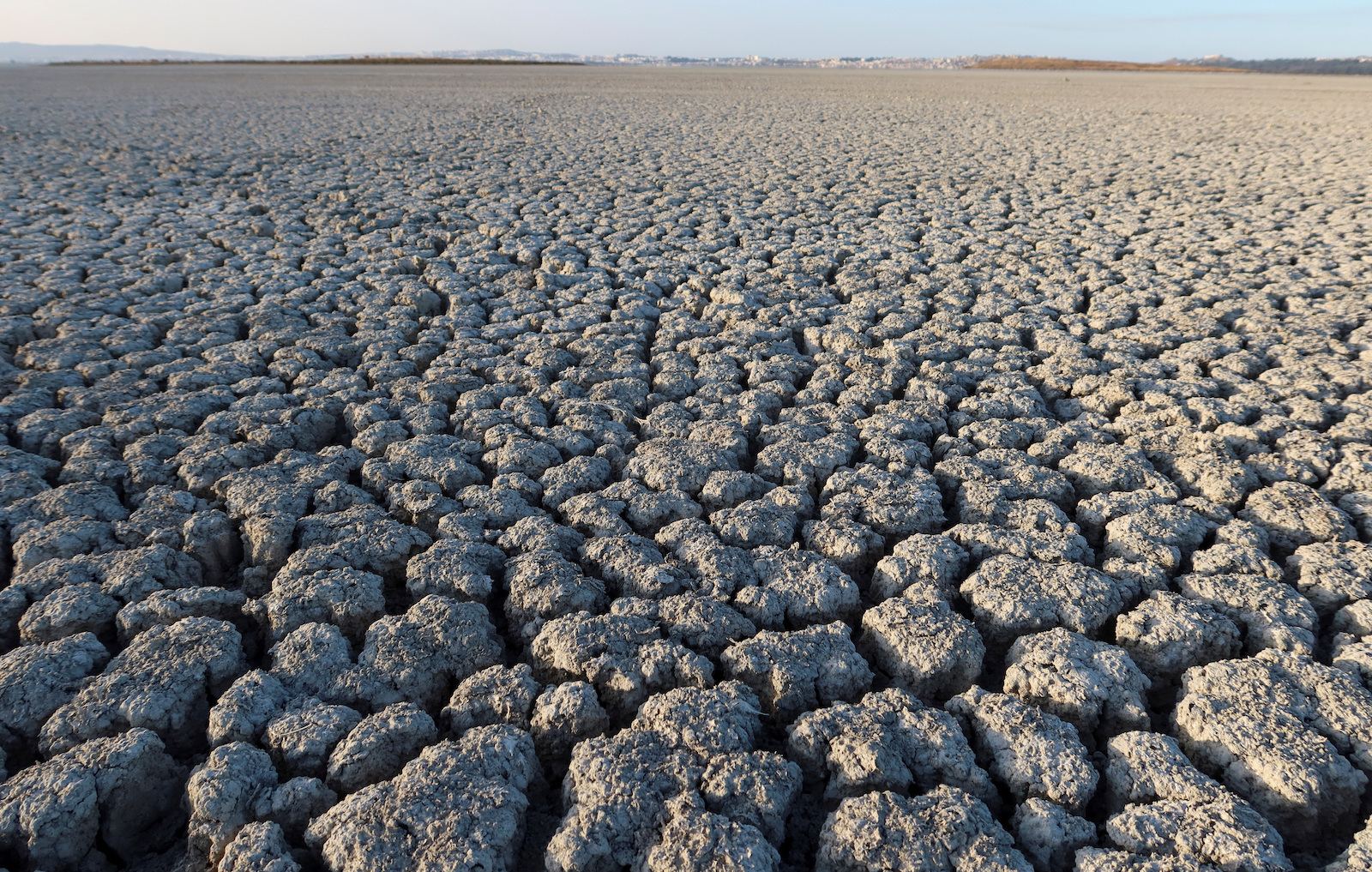Tunisia and the World Bank discuss reducing climate impact + Tunisia implements coastal zone management protocol + Oman gets a new CCUS projects

CLIMATE ADAPTATION-
Tunisia called for a joint program to combat the effects of climate change on development during a meeting with a World Bank delegation, Tunis Afrique Presse (TAP) reports. The World Bank's Fall 2023 Economic Monitor of Tunisia showed slowed economic recovery in Tunisia in the first half of 2023 due to the ongoing drought and external financing challenges. “Strengthening competition, increasing fiscal space, and adapting to climate change are crucial actions to restore economic growth and build resilience to future economic and climatic shocks,” said the World Bank's country manager for Tunisia Alexandre Arrobbio.
ALSO- Tunisia has begun implementing the Protocol on Integrated Coastal Zone Management in the Mediterranean (ICZM Protocol) to protect coastal zones and prevent natural disasters from having major consequences, TAP reports. All of the country's 13 coastal zones are at risk of marine erosion, said Agence de Protection et d'Aménagement du Littoral CEO Mehdi Belhaj. The protocol aims to ensure the sustainable development and use of coastal zones and natural resources and the preservation of coastal ecosystems.
CARBON CAPTURE-
Oman is exploring more CCS projects with a consortium of local + international oil + gas companies: Oman’s Ministry of Energy and Minerals signed an MoU with a consortium — made up of state-owned Petroleum Development Oman (PDO), Shell Oman, OQ Gas Networks, and Occidental Petroleum (Oxy) — to conduct a joint study exploring potential projects in carbon capture and storage (CCS) in the sultanate, Oman News Agency reported. The study will look into how the carbon captured can be integrated with enhanced oil recovery (EOR) projects in Oxy Oman’s oil production facilities.
We knew this was coming: PDO expressed in May that it is embarking on a plan to utilize CCS for EOR practices, after it had already signed an agreement with Shell Oman to assess opportunities in the sultanate.
What’s EOR and what does carbon capture have to do with it? EOR is the practice of extracting oil from a well that has already gone through the primary and secondary stages of oil recovery. Injecting carbon into the oil extraction sites is one way that oil companies utilize captured carbon to further increase its oil production. In fact, 88% of global CO2 captured is used for EOR despite climate groups criticizing it given its role in increasing fossil fuel production.
OTHER STORIES WORTH KNOWING ABOUT THIS MORNING-
- The International Committee of the Red Cross (ICRC) and the Sharjah Research Technology & Innovation Park (SRTIP) have partnered to establish the first energy and water knowledge hub in the region. The hub aims to find solutions for humanitarian challenges in the fields of energy and water. (Wam)
- Egypt + China sign agreement to increase cooperation in green and smart ports: Egypt’s Alexandria Port Authority signed an MoU with China’s Guangzhou Port Authority to increase cooperation and knowledge exchange in green and smart port concepts. (Statement)
- Adnec updates net zero strategy: Abu Dhabi National Exhibitions Company (Adnec) is stepping up its efforts in carbon emission reduction by setting its target date for becoming carbon neutral at 2045, which is sooner than the UAE's 2050 goal. (Wam)